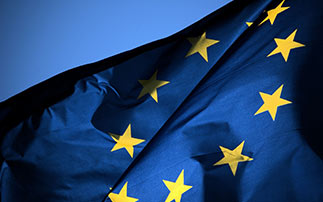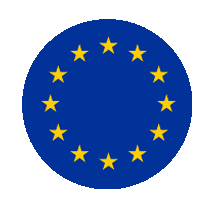
CERV – Call for proposals to promote gender equality – 2022
The Citizens, Equality, Rights and Values Programme aims to sustain and develop open, rights-based, democratic, equal and inclusive societies based on the rule of law, to protect and promote rights and values as enshrined in the EU Treaties and the Charter of Fundamental Rights.


